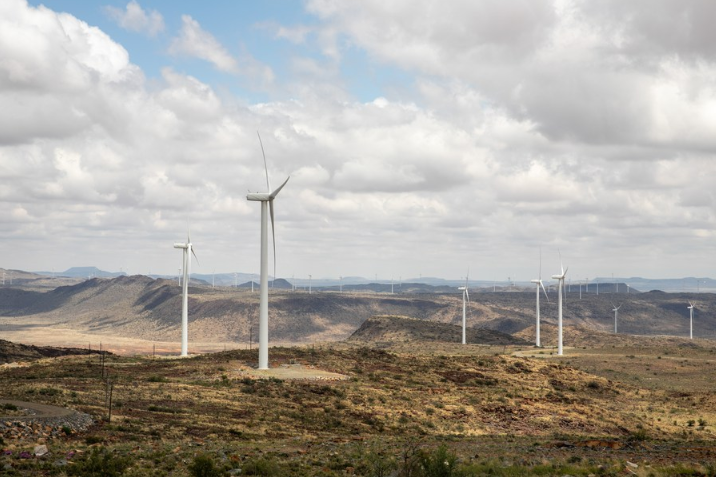App seeks to detect virus from sound


University team believes noises made by sufferers may offer vital new clues
Engineers and medical experts in the United Kingdom have developed an app that aims to detect COVID-19 infection based on the sound of coughing, breathing, and even speech.
Researchers at Cambridge University launched the app this week on web browsers, and will soon release versions for smart devices.
If a sufficient amount of data from users is collected, machine learning algorithms might prove able to diagnose COVID-19 in infected people by analyzing the sounds they make, according to the researchers.
Coughing and breathing sounds associated with COVID-19 are very specific, the Cambridge team says, and infection can also alter speech patterns.
Previous studies have explored whether sound recordings and automated detection technology can aid in the diagnosis of other respiratory illnesses, including asthma and chronic obstructive pulmonary disease.
"Having spoken to doctors, one of the most common things they have noticed about patients with the virus is the way they catch their breath when they're speaking, as well as a dry cough, and the intervals of their breathing patterns," said Cecilia Mascolo, a professor at Cambridge's Department of Computer Science and Technology, who led the development of the app.
The COVID-19 Sounds App is now available as a web app for Chrome and Firefox browsers, and versions for Android and iOS will follow.
The team is looking to gather a large, crowd-sourced dataset to feed into its machine-learning technology.
In the web app, users fill out a brief survey that includes age, biological sex, and information about preexisting conditions and current symptoms.
Users are then asked to record breathing and coughing sounds, and asked to read out the line, "I hope my data can help to manage the virus pandemic" three times. The app also asks users if they have tested positive for the novel coronavirus. The app does not track users, or provide any medical advice, Cambridge has confirmed.
"There are very few large datasets of respiratory sounds, so to make better algorithms that could be used for early detection, we need as many samples from as many participants as we can get. Even if we don't get many positive cases of coronavirus, we could find links with other health conditions," said Mascolo. "There's still so much we don't know about this virus and the illness it causes, and in a pandemic situation, like the one we're currently in, the more reliable information you can get, the better."
Mascolo is collaborating with lung infection and respiratory biology specialists at Cambridge, as well as colleagues from the university's physics department.
The study is part-funded by the European Research Council, and the team says it plans to make the data available to other researchers, to improve our overall understanding of the disease.

































